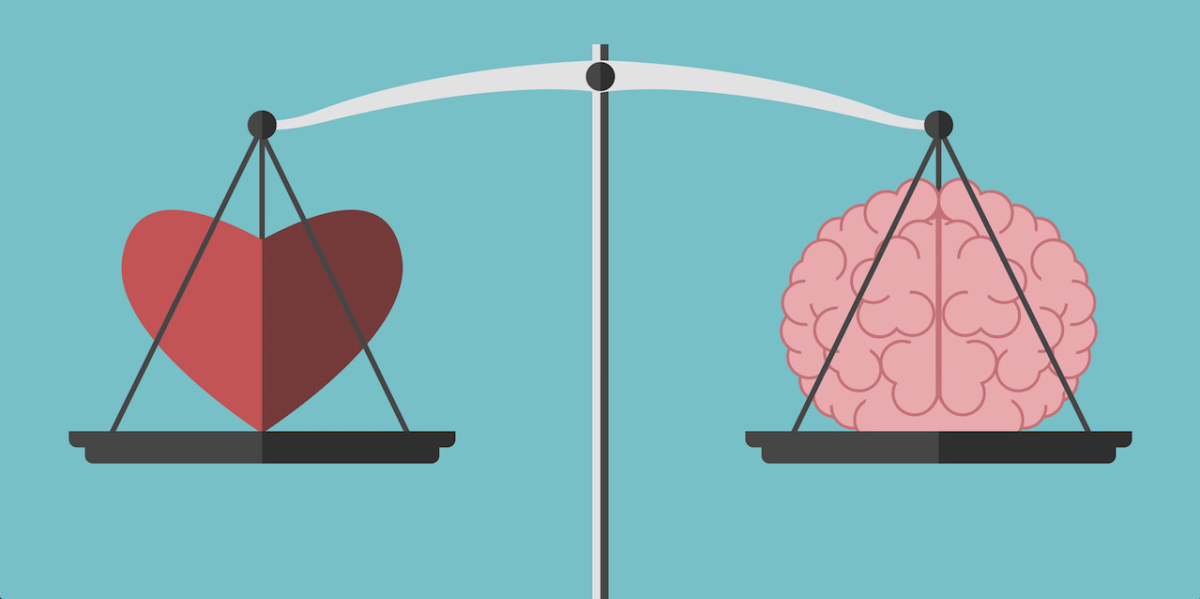As high school students, most of us can fall under a lot of stress when it comes to wanting to do well in school, being liked by others, and making decisions. Although these pressures cannot be avoided, there are ways that you can cope with them so they don’t become a problem for your overall well-being and mental health.
As we approach the two month mark since school has been back in session, it’s important to reflect on our mental health and ensure that we are keeping a healthy balance between our outside activities and our social and school lives.
According to the Centers for Disease Control and Prevention (CDC), “The number of adolescents reporting poor mental health is increasing.” When your mental health is not in check, other areas of life can be impacted.
Talking to professional therapists is a great way to prioritize your mental health. There’s a great resource on campus called Evolve Therapy, and they provide many wellness resources for CCHS students.
After asking one of the Evolve Therapists, Ms. Triplett, some questions about students and how they can manage stress while balancing school life, she shared how CCHS’s therapy service can be integrated into a student’s schedule to help them manage school-related stress and anxiety.
Evolve Therapy provides students with free therapeutic services during school days, from Monday to Friday. To prevent students from missing important classes or tests, they will work with you to find the best time to pull you out of class. If you are a student who doesn’t want to miss class, Ms. Triplett shared, “We also provide fee-based therapy after school hours or on the weekends through our private practice.”
She stated, “In addition to individual sessions, we also have several group therapy options that students can take part in during lunch.” Fall groups will be starting at the beginning of October. These groups are called: Be Bold: Building Self Confidence Group for Girls, Cultivating Calm: Strategies for Managing Stress Group (co-ed), and Grief Group (co-ed).”
Ms. Triplett advises, “If you believe that Evolve Therapy San Diego might be something you could benefit from, or if you are interested in learning more about the upcoming Fall groups,” you can fill out the Google Form here.
Regarding recognizing signs of anxiety or stress in the school year, Ms. Triplett shared, “Not everyone feels stress, anxiety, or depression in the same ways. Feeling stress about an upcoming test or pressure to do well academically is normal. It is also normal to have periodic anxiety about big life events, such as applying for college or asking someone out”.
Similarly, she also shared, “It’s normal to feel sad or down about things from time to time. Things to pay attention to are changes that you notice in yourself or the way you interact with friends or family”.
Some of these changes can include: “changes in eating habits and sleeping habits, feeling moodier than usual, feeling guilty, difficulty concentrating on schoolwork, loss of interest in activities or sports that normally bring you joy, withdrawing socially from events, lack of energy or fatigue, feeling overwhelmed and unable to complete tasks or thoughts of self-harm or suicide.”
Ms. Triplett suggests, “If you are finding that you are experiencing any of these changes for more than a few weeks, it is good to find someone to talk about it with, whether that is a friend, parent, priest, or counselor. The sooner you can recognize when you might need a little extra support, the sooner you can get back on track and feel better”.
Suppose you need strategies or coping techniques to help manage your mental health while balancing schoolwork. In that case, Ms. Triplett suggests “maintaining a good schedule that balances school, sports, activities, friends or family, spirituality, while also taking care of your emotional and physical health.”
It’s good to have an equal balance between all aspects of life. Having activities that bring you joy and surrounding yourself with people you care about are always an excellent resource for when you need to disconnect from anything causing you stress.
Some basic things you can do are: “getting the recommended 8 hours of sleep each night, eating three well-balanced nourishing meals per day, staying hydrated, exercising for 30 minutes per day, making time to do activities that you enjoy—such as reading or watching a movie, getting daily sunshine for Vitamin D, cultivating your spiritual needs, engaging in activities that help decrease stress—such as yoga or deep breathing exercises, connecting with friends and family in meaningful ways, avoiding too much caffeine, and saying no to drugs, alcohol, or nicotine,” stated Ms. Triplett.
Self-care plays an important role in maintaining good mental health. Ms. Triplett shared, “There is an erroneous belief that you have to set aside a lot of time for self-care, but if you can just find 15 minutes a day to invest in yourself, that can make a big difference”.
She suggests doing this by “waking up 15 minutes early so you can start the morning off on the right foot, or doing 15 minutes of meditation and deep breathing as you are unwinding in bed at night”.
“Say positive affirmations about yourself on the drive to school. Learn to say no to things that you don’t have to do so you can prioritize your time on things that you really need to do. Take regular breaks from social media so you can tune out. Avoid negative people and stick to those who lift you up. Don’t be afraid to ask for help when you need it”. These are all small habits of self-care that you can incorporate into your daily life.
If you’re struggling with stress or anxiety and it’s taking a toll on your overall well-being, remember that you’re never alone. Reach out to someone you trust, like a family member or friend, and consider seeking support from Evolve Therapy. Remember, it’s okay to ask for help when you need it.






















































